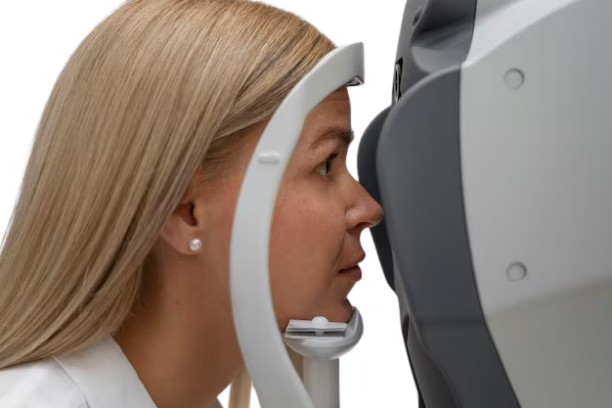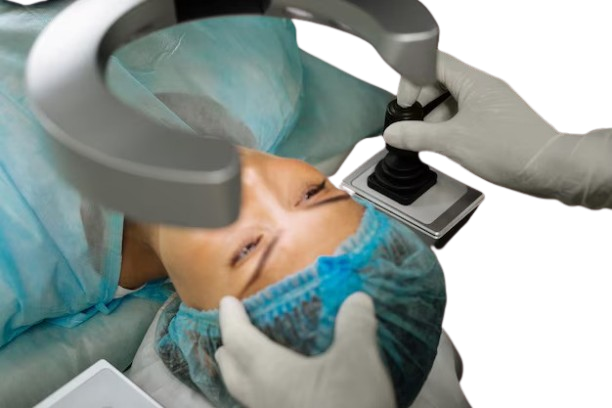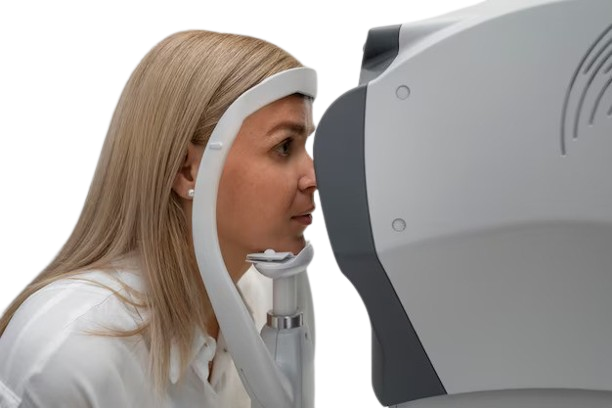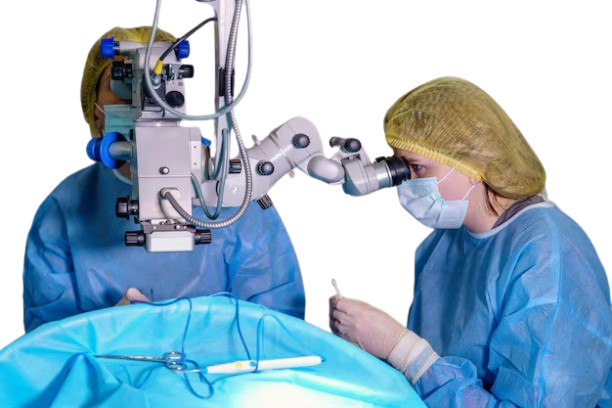What is LASIK Eye Surgery?
LASIK (Laser-Assisted in Situ Keratomileusis) is a popular, advanced surgical procedure designed to correct refractive vision problems, such as nearsightedness (myopia), farsightedness (hyperopia), and astigmatism. By reshaping the cornea (the clear, dome-shaped surface of the eye), LASIK surgery allows light entering the eye to focus more accurately on the retina, thereby improving vision.


Who is a Good Candidate for LASIK Surgery?
- Age : Candidates must be at least 18 years old, as the eye's shape may still be changing before this age.
- Stable Vision: Your vision must have been stable for at least a year before the procedure.
- Refractive Errors: LASIK is effective for correcting myopia, hyperopia, and astigmatism. However, it may not be suitable for those with extreme refractive errors.
- Healthy Eyes: You should not have certain eye conditions, such as cataracts or corneal diseases.
- General Health: Good overall health is necessary, as certain conditions, like autoimmune disorders, may interfere with healing.
Benefits of LASIK Surgery
- Improved Vision: LASIK can significantly reduce or eliminate the need for glasses or contact lenses, providing clearer vision for most people.
- Quick Recovery: Many patients notice an improvement in their vision immediately or within 24 hours after surgery. The recovery time is minimal, and most people can resume normal activities the following day.
- Long-Lasting Results: The results of LASIK surgery are permanent, although some patients may experience minor vision changes as they age.
- Minimal Discomfort: LASIK is performed under local anesthesia (eye drops), and most patients experience little to no pain during or after the procedure.


LASIK Surgery Recovery
- First Few Hours: You may experience some temporary blurriness, dryness, or irritation in your eyes, which is normal.
- 24-48 Hours: Your vision should start improving, although some patients report slight fluctuations in vision during this period.
- First Week: Most patients can return to work and light activities, but they should avoid strenuous exercise or activities that could irritate the eyes, such as swimming or using hot tubs.
- Full Recovery: While your vision may stabilize in a few days, complete healing can take a few weeks. Regular follow-up appointments with your surgeon will help ensure that your eyes are healing properly.
Possible Risks and Complications of LASIK Surgery
- Dry Eyes: Some patients experience dry eye symptoms after LASIK, though this is typically temporary.
- Visual Disturbances: After surgery, some individuals may experience glare, halos, or double vision, especially at night. These symptoms often resolve over time.
- Under- or Over-Correction: In some cases, LASIK may not fully correct the refractive error, requiring an enhancement procedure or the use of glasses or contact lenses.
- Infection : While rare, infections can occur. Following the post-operative care instructions reduces the risk of infection.


Is LASIK Right for You?
LASIK surgery is a safe, effective, and life-changing procedure for many people. If you're tired of wearing glasses or contact lenses and want a long-lasting solution to your vision problems, LASIK may be a great option.
To determine if you are a good candidate for LASIK surgery, schedule a consultation with our experienced ophthalmologists. We’ll guide you through the process, address your concerns, and help you make an informed decision about your vision health.